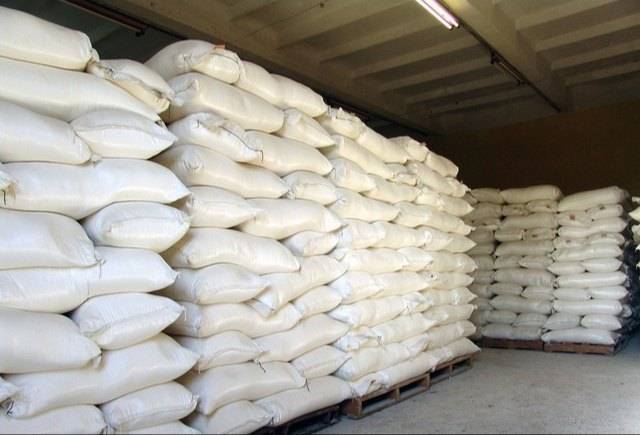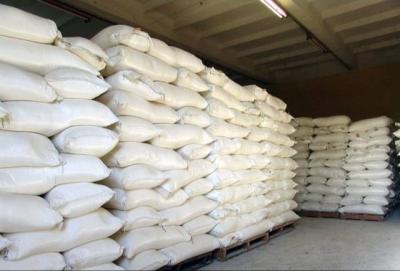The Millers' Association in Lebanon stated that "the proposal to impose a fine or exceptional tax on companies that imported subsidized goods, considering that they benefited from it, is misplaced, and the purpose of presenting it at this current stage outside the budget project prepared by the Finance Committee in the Parliament is unclear and has not been thoroughly reviewed." They emphasized in a statement that "applying this tax will completely crush commercial activity in the country, driving companies to bankruptcy and closure, displacing thousands of workers and employees. It is also absolutely unacceptable to impose a tax on a policy adopted by the state that forced companies to implement it, as the subsidy policy was adopted by the government to help consumers amidst the difficult economic, financial, and living conditions the country is experiencing."
The association pointed out that "regarding the mills, the subsidy policy began when the prices of the dollar fluctuated sharply, which prompted the government at the time to adopt a bread support policy, thereby stabilizing the flour price on this basis. Mills bore the brunt of this decision as they incurred significant losses, and they did not benefit from the support because their role was intermediatory; rather, they faced confiscation of the wheat stored with them for the state and sold at the subsidized price."
They noted that "it is well known that the Ministry of Economy and Trade has set the cost of milling and flour prices and the weight of the bread bundle, thereby granting a meager profit margin to mills and bakeries, and there is a disagreement regarding the elements relied upon in the milling cost. The state also forced mills to import wheat on their behalf, according to a program set up between Banque du Liban and the Ministry of Economy, General Directorate of Wheat and Sugar Beet. All files and documents related to these operations are available in the ministry to prove the reality, and there are many files yet to be processed despite the cessation of the aforementioned program."
They also questioned: "What is the purpose of this exceptional tax? Is there a desire to destroy the import sector and eliminate it for populist reasons? Is there a desire to destroy the milling sector, which is considered a fundamental pillar of the food supply situation? Or is the goal to create a crisis of wheat, flour, and bread at this time, which we are better off without?"
The association stressed that "the proposed law is a certificate of innocence for the favored smugglers who benefited by millions of dollars at the expense of those who adhered to the law and regulations, which should apply to them, not to the companies that acted according to the requirements set forth under applicable laws and regulations."
They announced that "the mills are facing numerous crises and difficulties that they are gradually working to overcome with all relevant officials, and it is absolutely unfair to expose them to a major problem due to the implementation of a tax that some see as a large source of revenue for the treasury, which could lead these institutions to bankruptcy." Additionally, they warned the concerned officials against "the repercussions of spontaneous decisions like this tax proposal, which do not benefit anyone but lead to paralysis in the economic cycle, resulting in a flour and bread crisis that we are better off without, amidst the looming threat of war in Lebanon."




